1. According to veterans in Chau Thanh district, martyr Nguyen Thi Be Tu was from Thanh Phu Long commune. Born into a family with a revolutionary tradition, she escaped early and joined the medical force of Chau Thanh district. From there , she began a silent but courageous journey, devoted to the wounded, ready to sacrifice for her comrades.
Disabled soldier Pham Van Nguyet - former Head of Chau Thanh District Military Medical Station, still clearly remembers his former comrade: “Back then, Be Tu served at the same station as me. She was very kind, hard-working, and devoted to the disabled soldiers. When she died, I was the one who buried her. She was brave until her last moment!”
War invalid Pham Van Nguyet - former Head of Chau Thanh District Military Medical Station
In 1969, the Southern battlefield entered a fierce phase. The enemy vigorously implemented the "rapid pacification" plan, they launched sweeps into the revolutionary areas, especially targeting military medical facilities, which were sparsely populated and lacked weapons, but were the spiritual and physical support for the fighting forces.
On the day Bé Tư died, the forward surgical station where she worked was suddenly attacked by the enemy. The officers and soldiers rushed to evacuate the wounded, but Bé Tư and Mr. Nguyệt still tried to stay because there was a wounded soldier with a missing leg who could not move.
The enemy was close by, two people helped the wounded soldier follow the Rach Tram river bank to "cut the riverbank" before both of them crossed the river to avoid the enemy. Unfortunately, halfway there, Ms. Be Tu was captured by the enemy due to exhaustion. She did not know how to swim but still lied to join the revolution.
Despite their coaxing and threats, she was determined not to reveal any information about the wounded soldier and her comrades. Even though she knew she had "fallen into a tiger's den", Ms. Be Tu still resisted until the last moment.
The girl was slim, small, and steadfast, not afraid of the enemy. Not only did she not "say a word" about her comrades, she also raised her voice when they tried to commit a depraved act. The wounded soldier who was with her pulled the pin of the last grenade and threw it at the enemy but failed. Both of them heroically sacrificed themselves before the enemy's guns right next to the Rach Tram River.
Rach Tram today belongs to Thanh Phu Long commune, Chau Thanh district.
“Miss Tu didn’t know how to swim, but she dared to lie that she knew how to join the resistance! When she was captured, she screamed loudly in protest, her screams echoed across the river. It was so painful!” - Mr. Nguyet choked back tears as he recalled. He seemed to relive the difficult yet heroic years, when his comrades fell one after another in their youth.
... Pick a branch of the Chinese clematis and put it in your hair Her scream drowned out the sound of gunfire. (Excerpt from the poem The Story of the Orchid Flower, author: Poet Vu Chi Thanh ) |
2. “That time, we lost Bé Tư and a wounded soldier, but we were lucky. The day before, another medical station was attacked by surprise and... almost wiped out,” said Mr. Nguyet. The enemy chose to attack medical stations because they knew clearly that they were not combat forces, had rudimentary weapons, and were places that nurtured strength for the battlefield.
Just by detecting the slightest sign, the enemy would organize a fierce artillery attack on that area, so the medical stations at that time had to absolutely adhere to the principle of "moving without traces, cooking without smoke, speaking without sound" to avoid the enemy's eyes and ears.
Disabled soldier Tran Thi Van Huyen - former military nurse of Chau Thanh District Military Command, emotionally recounted: “Each military medical station usually only has about 4 military medical soldiers to take care of 5-10 wounded soldiers, so every day we have to wake up at dawn, prepare meals, give injections, take the wounded soldiers to shelters, hide supplies, and sink boats. Only at night do we take the wounded soldiers out to eat and take care of their wounds. Military medical soldiers must always maintain the spirit of being ready to sacrifice for the Fatherland and for the wounded soldiers.”
War invalid Tran Thi Van Huyen - former nurse of Chau Thanh District Military Medical Center, Rach Tram today belongs to Thanh Phu Long commune, Chau Thanh district.
At that time, the military medics not only treated the wounded but also took care of every meal and sleep for the wounded soldiers. From digging trenches, cooking rice to washing clothes, catching fish or protecting the wounded soldiers, they shouldered all the burden. Soaking in water, getting exposed to alum water until the skin turned yellow like a crab shell, scrubbing forever without being able to clean it was a very common thing.
At that time, female military medics like Ms. Huyen or Ms. Be Tu often had to cut their hair short and wear shorts to facilitate mobility. There were days when the enemy swept in 3-4 times. If they were not agile, it would be difficult to protect themselves, let alone the wounded. However, military medics like Mr. Nguyet, Ms. Huyen and martyr Be Tu remained steadfast and ready to sacrifice.
The sacrifice of martyr Nguyen Thi Be Tu is a testament to her loyalty and iron will to the Party and the revolutionary cause. For her, protecting wounded soldiers is not only a duty, it is the path that she and all her comrades have chosen and are determined to pursue, the path leading to independence, freedom and happiness .
Although the war has long since ended, the sacrifice of martyr Nguyen Thi Be Tu still lives forever in the hearts of her comrades and in the poems The Story of the O Moi Flower. Her resilient spirit and dedication, along with that of the military medical soldiers of that time, are a testament to the beauty of a generation ready to sacrifice for the country./.
Guilin
Source: https://baolongan.vn/tim-nguoi-liet-si-trong-tho-vu-chi-thanh-a195916.html


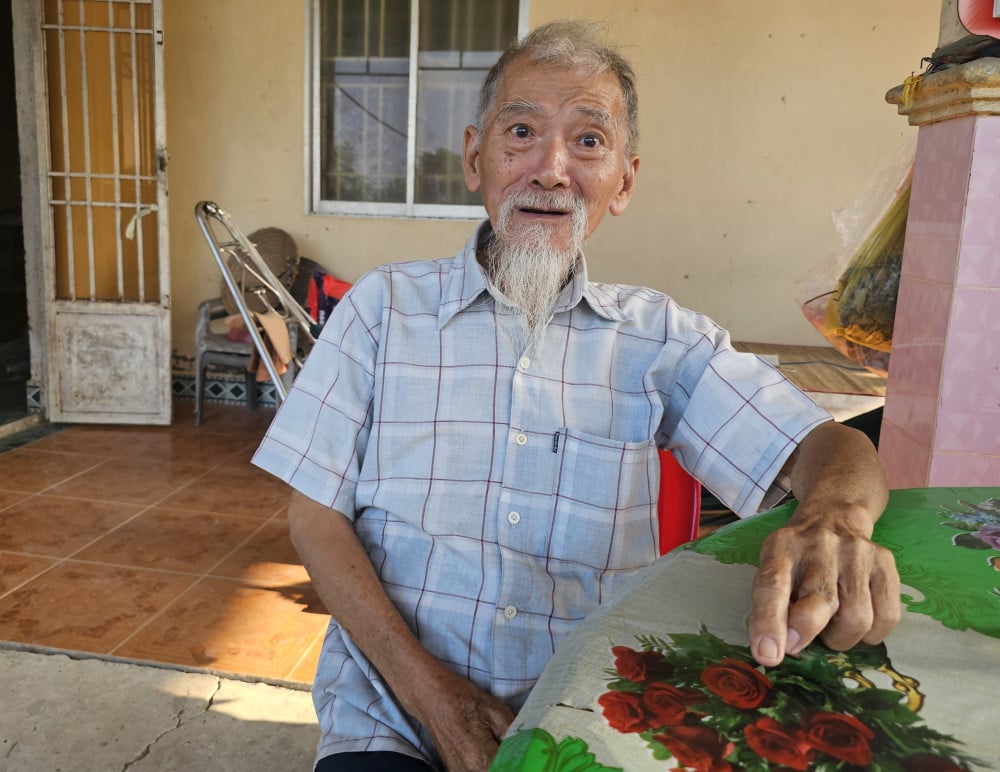

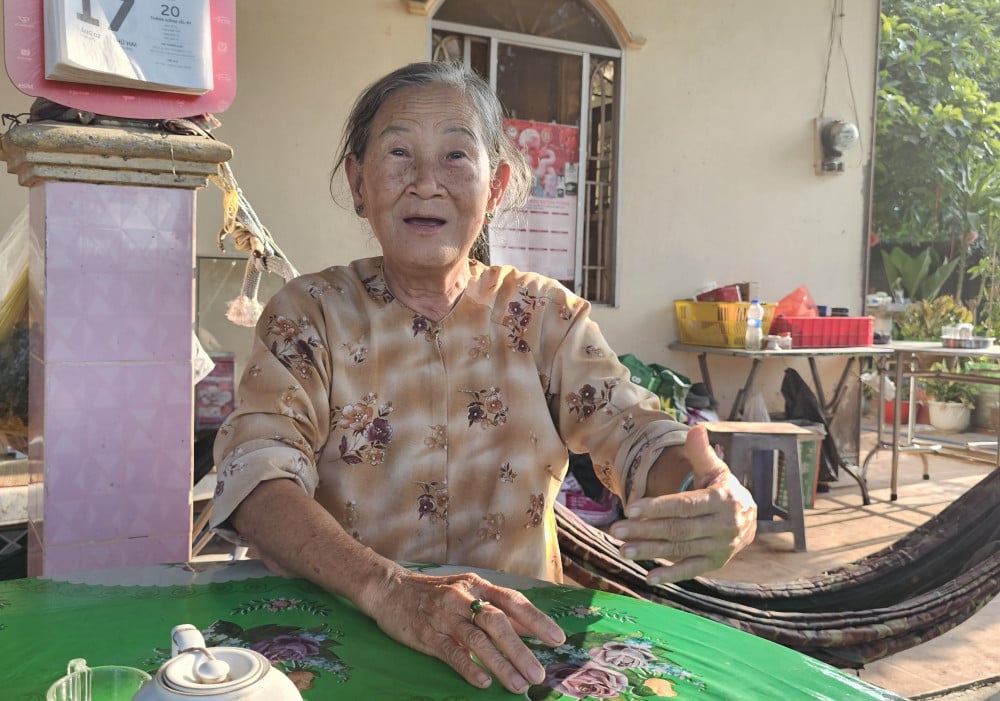
![[Photo] General Secretary To Lam works with the Central Policy and Strategy Committee](https://vphoto.vietnam.vn/thumb/1200x675/vietnam/resource/IMAGE/2025/5/28/7b31a656d8a148d4b7e7ca66463a6894)
![[Photo] Prime Minister Pham Minh Chinh receives a bipartisan delegation of US House of Representatives](https://vphoto.vietnam.vn/thumb/1200x675/vietnam/resource/IMAGE/2025/5/28/468e61546b664d3f98dc75f6a3c2c880)
![[Photo] 12th grade students say goodbye at the closing ceremony, preparing to embark on a new journey](https://vphoto.vietnam.vn/thumb/1200x675/vietnam/resource/IMAGE/2025/5/28/42ac3d300d214e7b8db4a03feeed3f6a)

![[Photo] Vietnamese and Hungarian leaders attend the opening of the exhibition by photographer Bozoky Dezso](https://vphoto.vietnam.vn/thumb/1200x675/vietnam/resource/IMAGE/2025/5/28/b478be84f13042aebc74e077c4756e4b)

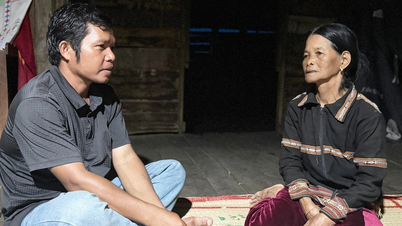

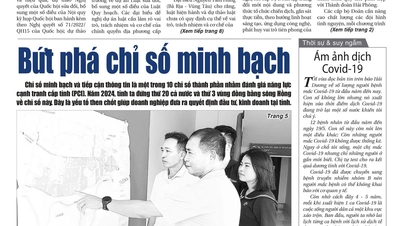











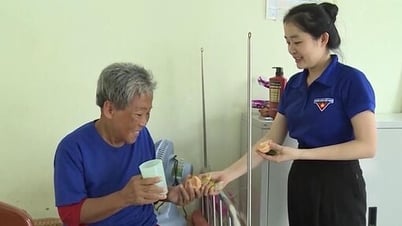


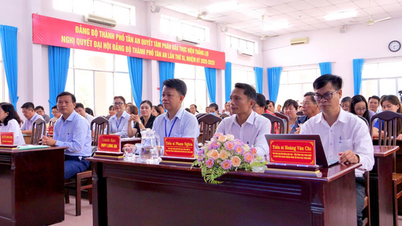
































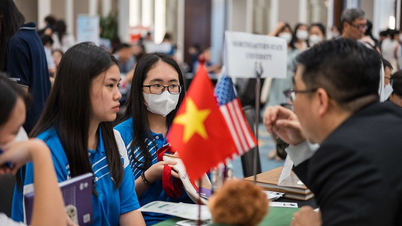










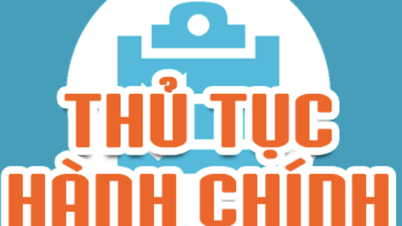










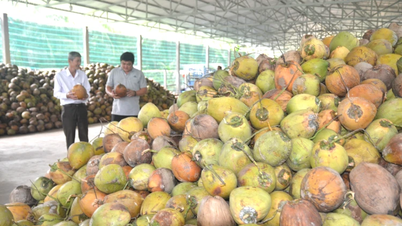


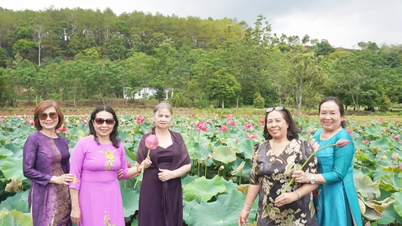

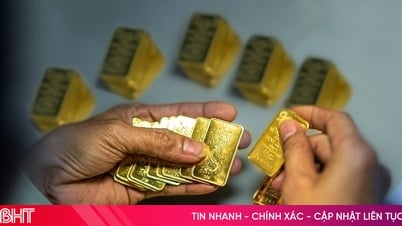









Comment (0)